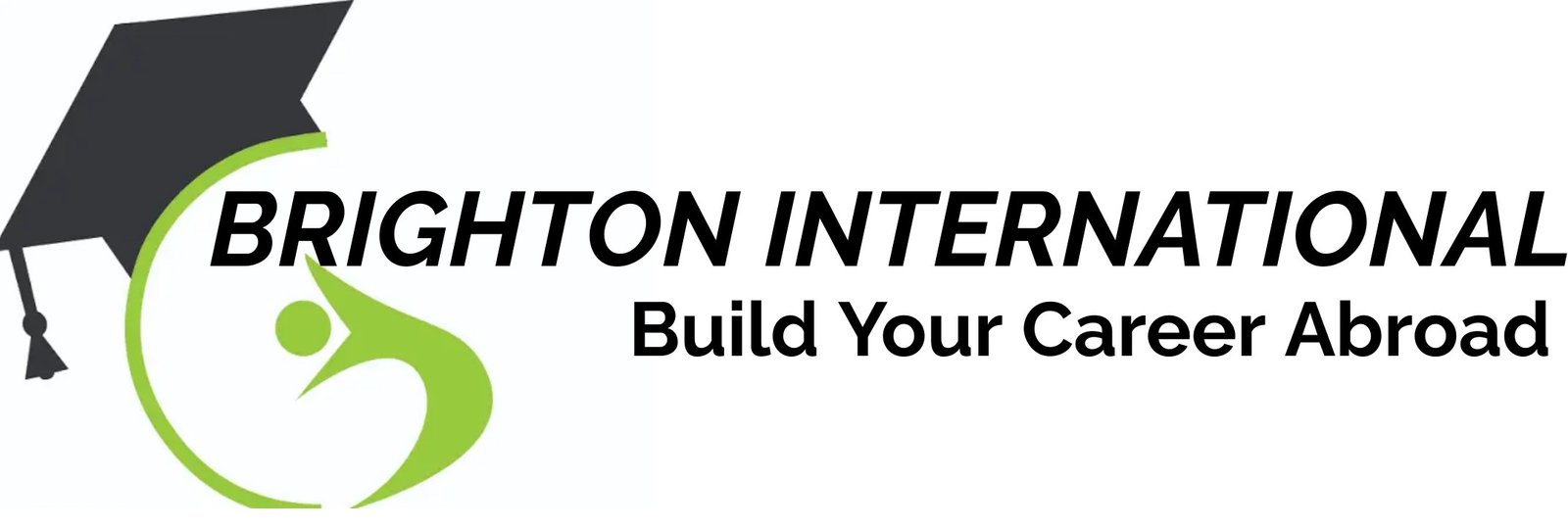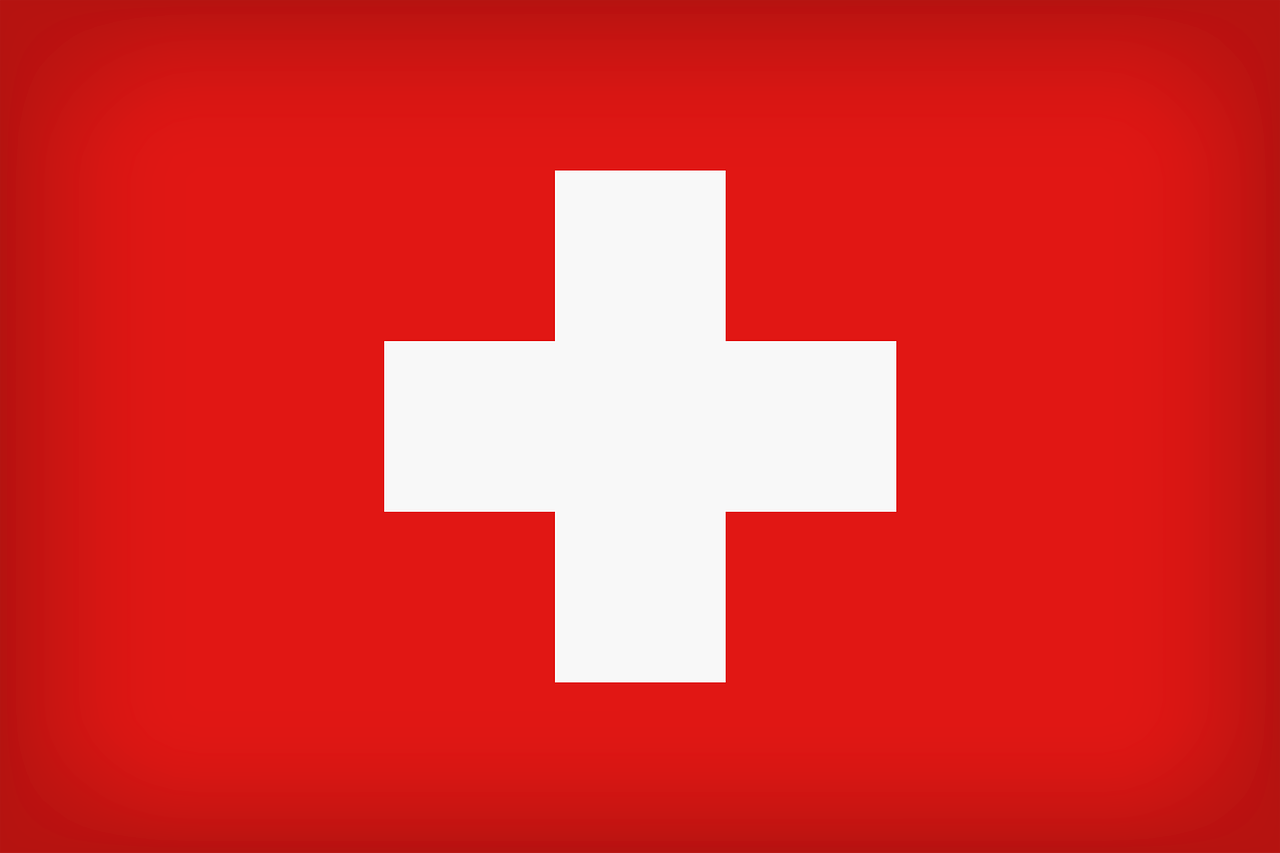Study in switzerland
Switzerland is a beautiful country with some glorious sites. From the Swiss Alps to the Jura Mountains there are wonderful views to be seen by all who visit the country.
The top tourist attractions in Switzerland include:
- ALake Geneva – in the third biggest city in the country, it is home to the world’s tallest water fountain and many marvellous museums and fine dining restaurants.
Uplift Your Career by Studying in Switzerland
- The Swiss National Park – Located in Zernez, the park covers 169 square kilometres and is home to mountains and woodland with a wide variety of wildlife, from red deer to marmots. Admire the breathtaking views and have some time away from your studies.
- The Rhine Falls – located in Schaffhausen it is Europe’s largest waterfall and is home to beautiful views and a medieval castle which houses a youth hostel and shops. If you’re lucky enough to be around on the 1st August, Swiss National Day, it annually hosts a spectacular firework displayStudying in Switzerland is a fantastic opportunity to immerse yourself in a new culture. Take advantage of Switzerland’s location and travel to some of the bordering countries in your down time.
Scholarship
Admission Guidance
The Switzerland’s university systems is sometimes referred to in groups or categories. These include:
Cost of Studying and Living in the Switzerland’s
The currency in Switzerland is the Swiss Franc (CHF).
Tuition fees at Swiss universities are heavily subsidised by the Swiss government, meaning that public university fees are relatively low. A public institution will tend to charge between CHF 500 ($500 USD) and CHF 2,000 ($2,000 USD) per semester. Private universities will probably charge higher tuition fees, especially for international students. There are scholarships available, contact your chosen institution for more information about this.
It is also important that you consider your cost of living when budgeting for studying in Switzerland. The recommended budget for yearly living cost is between CHF 18,000 and CHF 28,000. Students who are from and EU/EEA country are permitted to work up to 15 hours per week during term time, with no limitations outside of term time. Students from any other country are permitted to work 6 months after the beginning of their studies. They will be issued a work permit. For more information about working during your studies, contact your chosen university.
Visas
If you wish to study at a university in Switzerland, you might have to apply for a visa. This will depend on where you are from.
If you are from an EU/EEA country will not need a visa to study in the country. You will, however, need to register as a foreign resident within 14 days of your arrival. This can be done at your local Residents Registration Office. When you go to do this, you should take with you:
- A valid passport
- Proof of university registration
- A bank statement to provide evidence of funds
- Proof of health insurance
- Proof of address
- Two passport photographs.
If you are from any other country, you will need to apply for a visa before you travel to Switzerland. This can be done at the Swiss embassy or consulate in your home country. The application process can take months, so make sure that you get started in plenty of time!
You will need to purchase health insurance before your studies in Switzerland, unless your home health insurance policy is still valid. You are able to choose your insurance provider, with no limitations. However, your chosen institution will be able to provide more information about this if you require more assistance.
Our Mile-Stones in The Industry
As we celebrate our successful journey in the abroad education industry, we take pride in our ability to adapt and grow with the ever-changing market dynamics. Our consistent performance and commitment to student success have been the cornerstones of our growth, and we look forward to many more years of innovation and service excellence.
Visa's
Universities
Years of Experience
Consultations
Frequently Asked Questions
Can we get personal coaching for IELTS?
At Brighton International, we pay attention to all individuals for improving their IELTS score in each module. One-to-one coaching sessions are available at our consultancy. Our expert faculties are available always to help the students with queries.
Am I eligible to study abroad?
To begin studying as an international student, there are a range of entry requirements you may have to meet.
The academic requirements (including evidence of English language skills) you need to study abroad will vary depending on the level of education you want to pursue. For instance, some courses will require you to have done a foundation course before applying for a degree. All universities and schools can have different entry requirements, so read the course information on their respective websites very carefully.
Your Brighton International counsellor will help you assess your eligibility for different programs and guide you on the courses and locations that best meet your preferences.
Is Consultation free at Brighton International Overseas?
Yes, we have free consultation services for all the candidates enrolled with us. We help you with the entire University selection process, visa application, documentation, and much more.
Do I need to clear IELTS or TOEFL in order to get an admission?
IELTS and TOEFL examinations are not required for all countries, but they do support your application as proficiency in the English language is considered mandatory in most universities. Some countries such as US, UK and Germany require that applicants have cleared either their IELTS or TOEFL exams.

